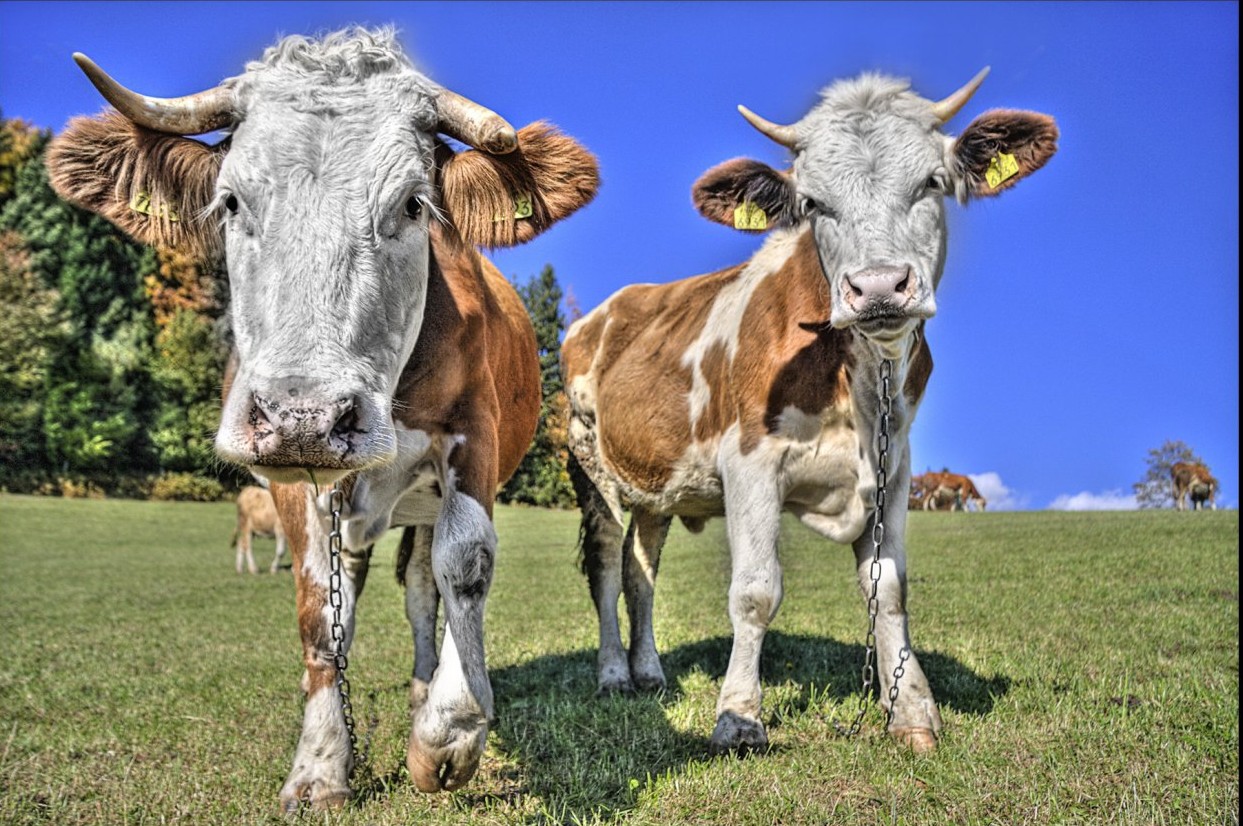
Milk, eggs and meat from cloned animals could “soon be available without consumers’ knowledge,” the senior director of the agri-food analysis laboratory at Dalhousie University in Nova Scotia, Canada, Dairy Global reported on August 30.
The Public Health Agency of Canada is asking the public and industry to provide feedback on the issue of cloned milk and meat by May 25 to help the agency stay up to date. “Policy on food derived from animals cloned by somatic cell nuclear transfer (SCNT) and their offspring”.
The temporary policy establishes that: “Until more is known about the products of this technology, Health Canada will consider foods produced from SCNT-raised cattle and offspring of such cattle to fall within the definition of “novel foods” in the Food and Drug Regulations “because they were produced using reproductive technology that has not previously been used to create animals involved in food production (meat, eggs, milk, etc.) and that may lead to significant changes in the nutrition of these products.”.
Charlebois believes that “Regardless of the law or regulations regarding milk and meat from cloned animals in Canada, it is doubtful that consumers will fully accept this technology, especially in the absence of labelling.”.
The export was reminiscent of the backlash against genetically modified salmon. Retailers immediately rejected it, despite considering it safe.
According to Charlebois, consumers can only make an “informed choice” through mandatory labelling. Moreover, he points out, cloning is an expensive process. The argument about reducing production costs, and therefore retail prices, is weak at best.
“Health Canada seems willing to accept technologies that impact the agri-food sector without taking into account consumer rights and preferences. Quite shameful”the expert concludes.
Source: Rossa Primavera
I am Michael Melvin, an experienced news writer with a passion for uncovering stories and bringing them to the public. I have been working in the news industry for over five years now, and my work has been published on multiple websites. As an author at 24 News Reporters, I cover world section of current events stories that are both informative and captivating to read.
